Many people associate the term “doula” with a birthing coach. Doulas, however, are not just for when life begins, they may also assist when life ends. Death Doulas may appear to be a novel or forward-thinking concept, but they are as old as death itself. Mental, spiritual, physical, and emotional assistance have all played an important role in the journey to death in many civilizations throughout history.
Today, such support is uncommon, particularly in Western cultural environments where discussions about death are avoided. According to a survey conducted by The Conversation Project, 90% of people believe it is necessary to talk with loved ones about end-of-life issues, but only 27% have actually done so.
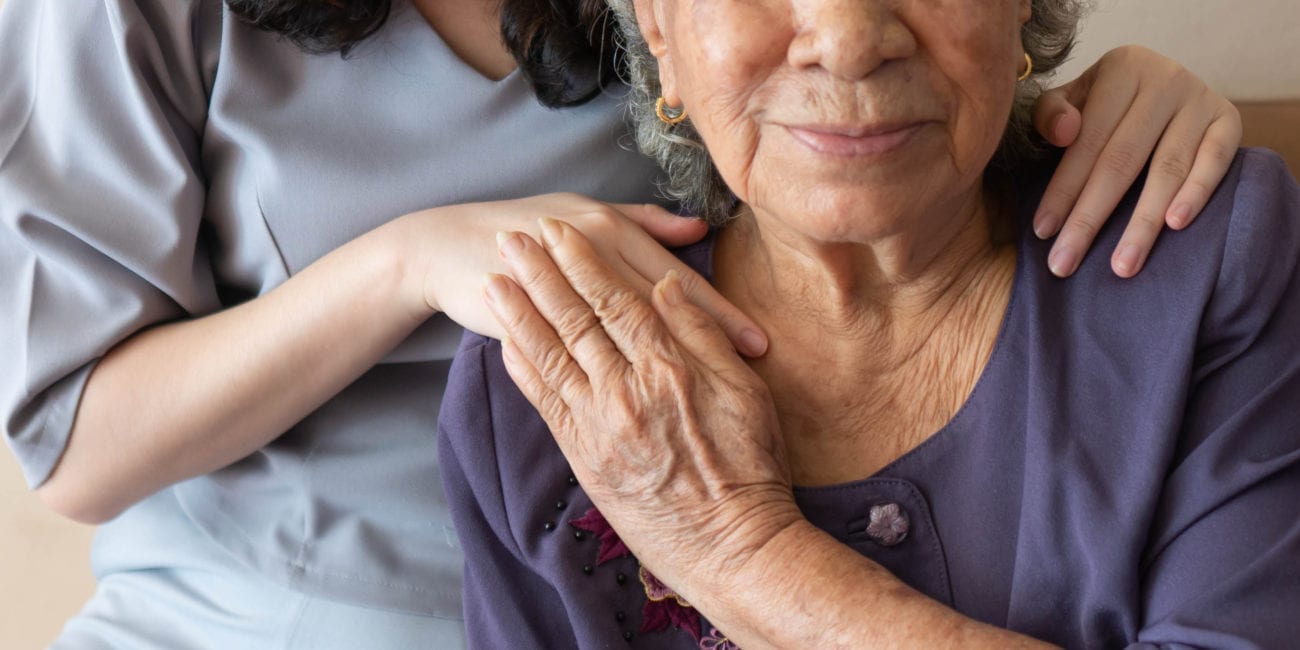
What Is a Death Doula?
A death doula is a person who helps a dying person and their family members before, during, and after death by providing physical, emotional, psychological, and even spiritual support.
They can assist in a wide range of services that can vary greatly depending on the circumstances, but they generally seek to provide a holistic, hands-on, non-medical approach to the fundamentally natural process of dying for all parties involved.
While it can take many forms, a death doula’s primary goal is to help both the living and the dead in the transition process or bridge the gap formed by medical practitioners’ concentration on preserving lives against the role of funeral planners and other people whose duties begin after death.
What Does a Death Doula Do?
A death doula is an educated third person who is there to provide an enlightened perspective on the experience of death for everyone concerned if the death and grief process is overwhelming for you and your dying loved one.
When a death doula enters your life with the express purpose of assisting with the dying process, they can provide knowledge, resources, realistic expectations, and unbiased support to help you and your dying loved one make sense of it all.

9 Ways a Death Doula Can Help You and Your Dying Loved One
1. Assisting in Life Review and Legacy Project
When someone is facing death, putting together their legacy items to help pass on their memory is a vital part of the process.
The doula provides a doorway for your dying loved one to reflect on his/her life and explore the impact they had on others throughout their journey.
The doula will frequently collaborate with you and other family members to create a scroll of memories. This could include photos, films, collages, and other sentimental items passed down after your loved one’s death.
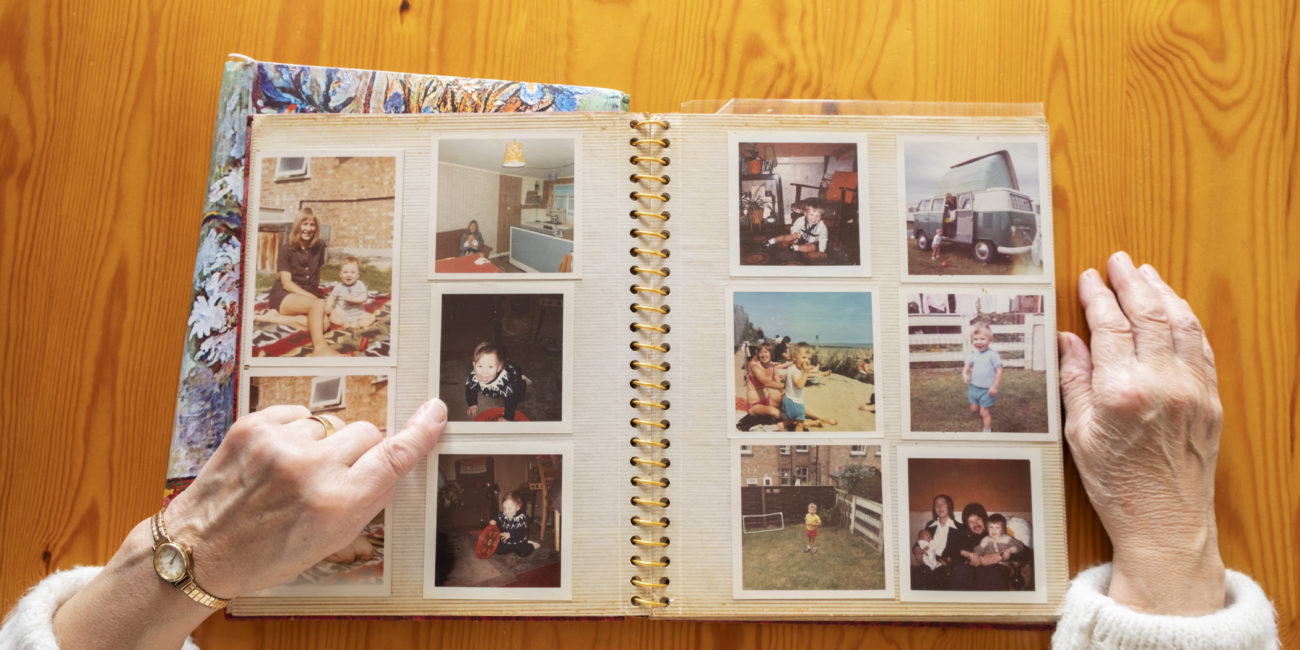
The doula may also assist with what happens to the body after death as part of the end-of-life plan. For example, whether the body will be buried with previous family members or transformed into ashes placed in an urn that the family will treasure forever.
2. Providing Education, Information, and Resources
Since a death doula has been well trained in what to expect in the next hours, days, and weeks, leading up to death, they can explain to you the symptoms and signs of the dying process as they arise.
This can help your dying loved one, you and your other family members to have a better understanding of what to expect and reduce anxiety.
Even though death can be distressing, having a sense of normalcy during this time can bring huge relief for everyone.
3. End-of-life Planning
Death doulas enable you and your loved one to talk openly and honestly about death by asking questions that you and hospital staff may be hesitant, uncomfortable, unprepared, or untrained to ask.
They will ask what your loved one considers to be a good death. This makes it easier to plan how the dying space will look and feel, as well as the music, scents, rituals, and reading that will be performed in the final weeks and days of life.
While some people may choose to die in their homes, near the window and surrounded by their loved ones, others may prefer to die outside on the porch with their favorite music playing, next to their beloved pet.
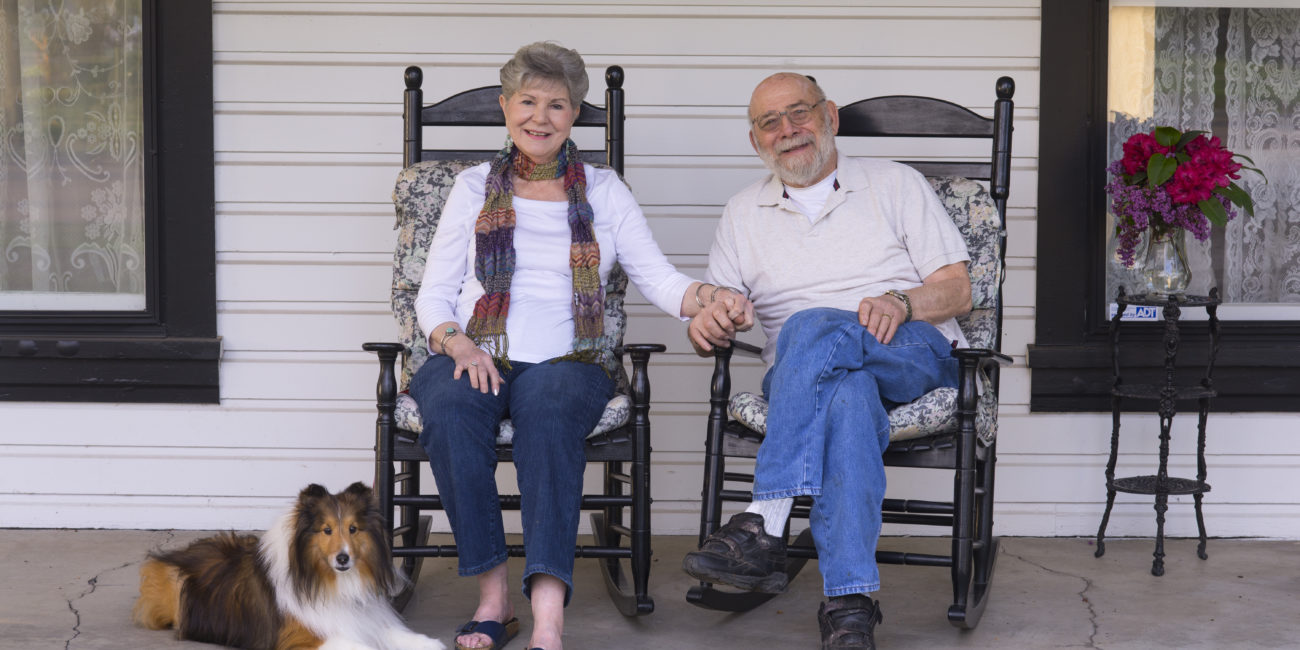
Working closely with your dying loved one, the doula develops a vigil plan for how they want to spend their final days and hours, which she then shares with you and the rest of the family members and any hospital or nursing care professionals who may be involved.
4. Honoring Your Dying Loved One’s Wishes
Regardless of what your loved one wants for the end of their life; it is the doula’s responsibility to respect those wishes and assist the family in making appropriate plans.
The doula will also consult with you and the rest of the family members to know your wishes. For instance, since many families are separated by distance, the doula can assist in ensuring that the loved one does not die alone.
The doula’s goal is to respect and honor you and your dying loved one’s wishes rather than to try to change them. This frequently entails reminding you and other family members of your dying loved one’s desires and intentions.
5. Comforting Your Dying Loved One
The death doula’s job is neither medical nor clinical, and it frequently overlaps with that of medical staff and hospice care. Given that, the doula will assist in making your dying loved one more comfortable whenever possible.
The doula is an advocate for your loved one’s needs and comforts, whether they are emotional, physical, or spiritual. Doulas are highly trained in how to care for a dying person.
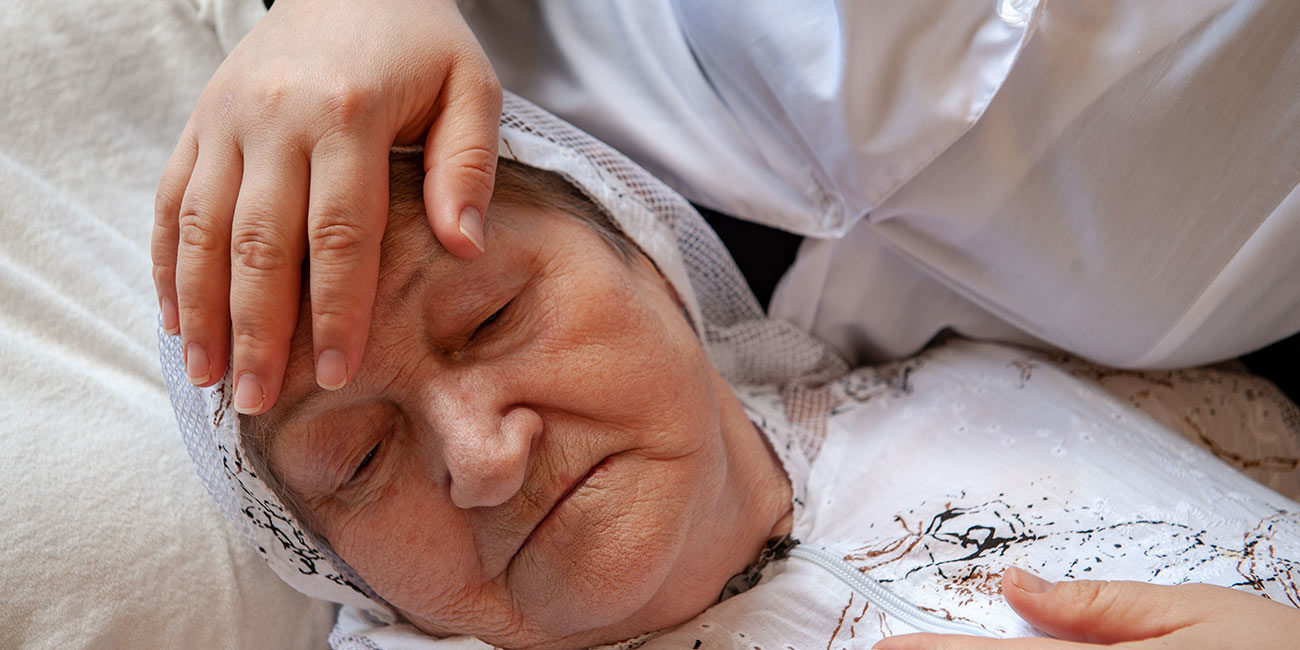
6. Giving Respite for the Primary Caregivers.
Depending on the particular circumstance, there will always be family members or medical personnel that act as the primary caregivers for your dying loved one.
While a death doula’s goal is not to take the place of the primary caregiver, their role in providing physical and practical support can to the caregiver can profoundly help.
Little things like preparing your loved one’s food, adjusting the curtains, or combing their hair can all help your dying loved one feel more at ease while also providing caregivers with a break from their demanding tasks.
Some doulas will even stay by your loved one’s side for the night so that the primary caregiver can take some well-needed uninterrupted rest.
7. Providing Emotional Support
It is typical for you and other family members to feel uneasy, sad, and unsure of what to say to your loved ones when they are dying.
Your terminally sick loved one can often become lonely in their last chapter of life. Doctors, nursing staff, and even a family member like you may begin to speak as if the person is no longer present, making them feel very alone and isolated.
The death doula is present for the dying person, talks with them throughout the journey, and ensures that they have someone to talk to when they stop receiving treatments and prepare to leave this world.

The death doula facilitates deeper participation for your dying loved one and your family by bringing a focused and intuitive presence to the final period of life.
The death doula is not afraid to have difficult conversations and frequently facilitates them in order to meet the emotional needs of both you and your dying loved one.
8. Providing Household Support

If there are any loose ends to be tied, such as decluttering and tidying your home and belongings, many death doulas are willing to take on this added job as well.
Whether it is assisting with a sale of a property, determining what to do with a cherished pet, or doing the paperwork for your loved one’s insurance claims, the doula can help with any additional directive and housekeeping support as needed.
It is essential to remember that no two death doula relationships are the same since each situation will necessitate special attention to ensure that your dying person and the rest of your family are as comfortable as possible.
9. Providing After-Death Care
After your loved one passes away, the death doula will usually remain with your family for 2-8 weeks, ensuring that the intended end-of-life plans are carried out.
The doula will assist your family in processing your feelings and experiences following the death of your loved one, supporting you through the initial phases of mourning.
Many death doulas are also used to assist with the coordination of funerals, cremations, and burials in order to relieve the burden on your bereaved family.

Death Doula Training and Certification
The International End of Life Doula Association (INELDA), International Doulagivers Institute, and Lifespan Doula Association (LDA) are currently the biggest and most well-known organizations that provide certifications for death doulas.
There is no official organization that accredits death doulas. You can inquire about whether death doulas have completed INELDA’s training or any other similar training. Many death doulas have experienced being a birth doula as well. Hiring someone to help with death is similar to hiring for any other job. You should ask about the doulas’ professional experiences and ask for referrals.
Death Doula Fees
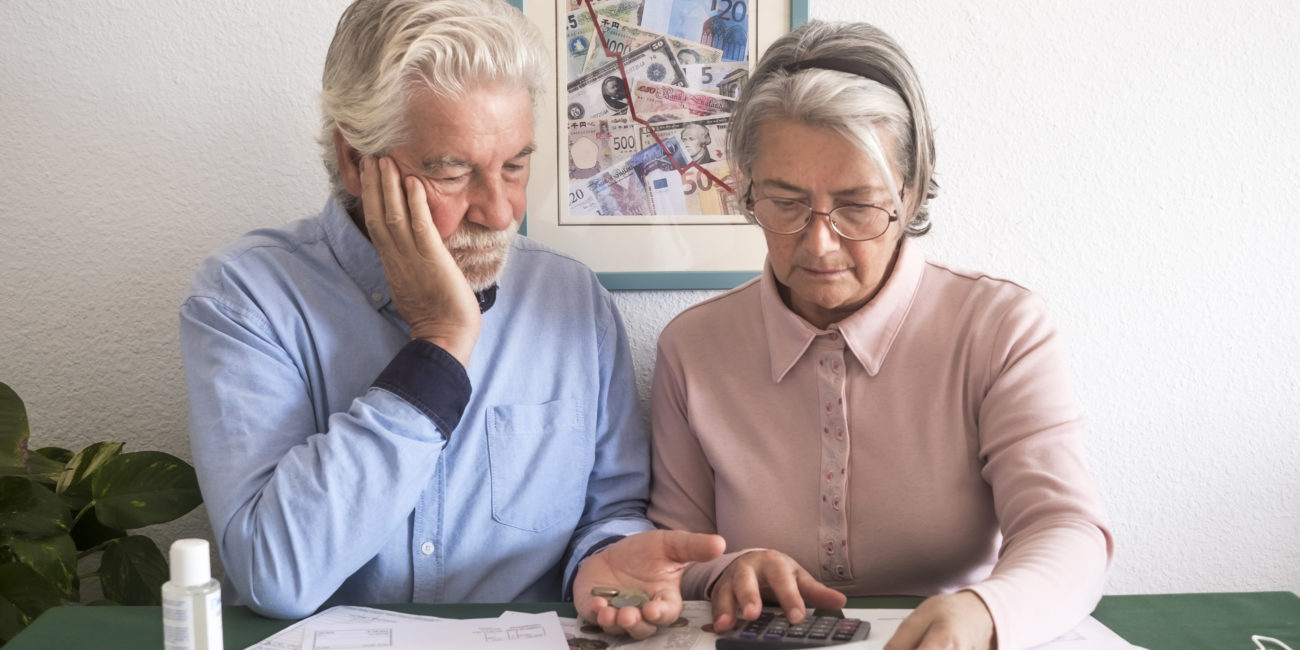
The cost of employing a death doula is determined by your dying loved one’s demands as well as the doula’s fee structure. Since death doulas are generally self-employed, some may charge an hourly rate ranging from $25 to $100 or more per hour, while others opt to impose a flat fee. Currently, insurance does not cover the expense of hiring a death doula.
Since each case is different and the transition to death is a difficult subject, some doulas are ready to work on a sliding scale or even donate their services for free. When looking for the perfect doula, make sure to ask about fees before deciding.
How To Choose a Death Doula?
When it comes to hiring a death doula, the most important factor to consider is finding someone who is a good fit for you. To get the most out of the experience, your dying loved one must have complete trust in and feel completely at ease with their death doula. Similarly, you must feel at ease confiding in the doula and allowing them to be a part of such a private process.

Look for a doula who does not only understands your needs but also has a friendly and pleasant demeanor that makes everyone feel comfortable. Get a recommendation from someone you trust or look up a list of trained death doulas in the well-known death doula organizations or any other institutions in your area.
Make Your Loved One’s Death Easier
The cost of employing a death doula is determined by your dying loved one’s demands as well as the doula’s fee structure. Since death doulas are generally self-employed, some may charge an hourly rate ranging from $25 to $100 or more per hour, while others opt to impose a flat fee. Currently, insurance does not cover the expense of hiring a death doula.
Since each case is different and the transition to death is a difficult subject, some doulas are ready to work on a sliding scale or even donate their services for free. When looking for the perfect doula, make sure to ask about fees before deciding.

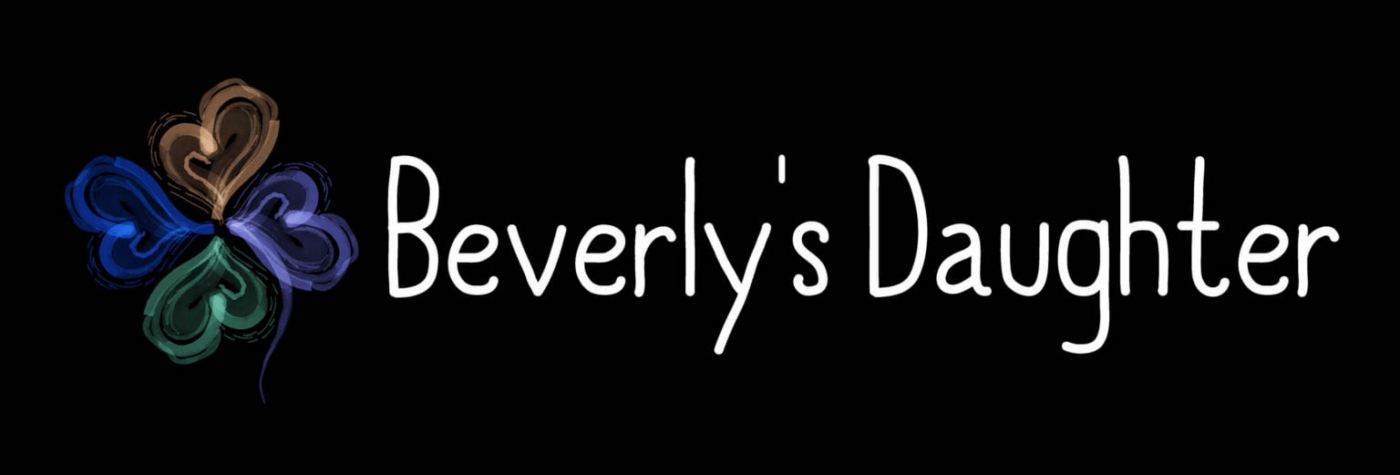


Leave a Reply